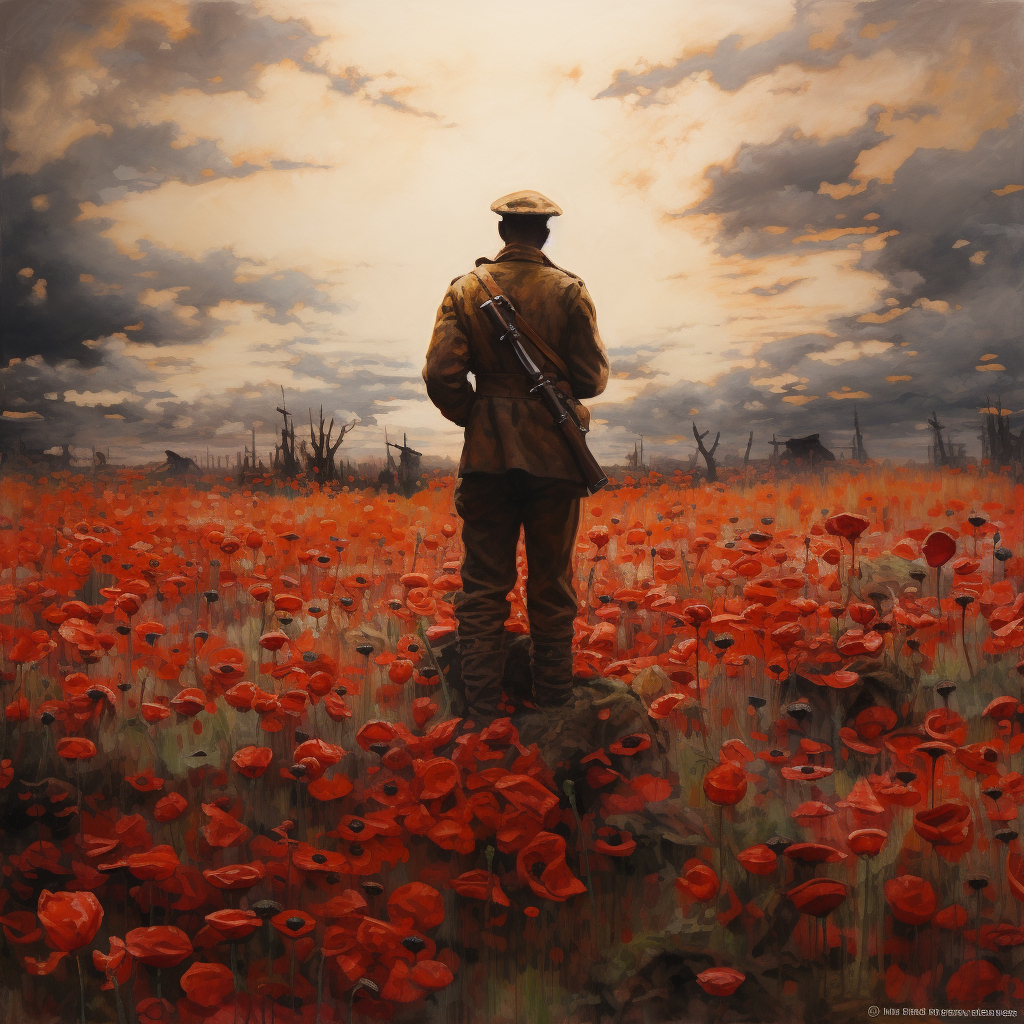
Remembrance Sunday: A Day of Reflection and Honour
Reflecting on the sacrifices of the British Armed Forces on Remembrance Sunday.
Explore the significance of Remembrance Sunday, a day dedicated to honouring the service and sacrifice of the British Armed Forces. This guide provides insights into the day’s history, traditions, and ways to participate.
- Historical Origins: The roots of Remembrance Sunday.
- Symbolism and Traditions: Understanding the day’s symbols and rituals.
- Personal Reflections: Insights from veterans and their families.
- Modern Relevance: The contemporary significance of this day.
- Participation: How you can engage and show support.
Remembrance Sunday, observed on the second Sunday in November, commemorates the end of hostilities of World War I on that date in 1918. Originally known as Armistice Day, it was intended to remember those who died in service to their country during the war.
Following World War II, the holiday was extended to honor all military members who have died in wartime. The day involves special church services, the laying of wreaths, parades, and two-minute silences at 11 AM, marking the exact time when the armistice became effective. Learn more.
The red poppy is a central symbol of Remembrance Sunday, inspired by the World War I poem ‘In Flanders Fields’ by John McCrae. These poppies bloomed across some of the worst battlefields in Flanders, Belgium, and have become an emblem of remembrance and hope for a peaceful future.
The Cenotaph in Whitehall, London, is a focal point for the national service of remembrance. Here, members of the royal family, government leaders, and veterans’ organizations lay wreaths. The ‘Last Post’ bugle call, observed by a two-minute silence, is a poignant reminder of the sacrifices made. Learn more.
Remembrance Sunday is deeply personal for many, particularly for veterans and their families. It is a day of reflection, remembering fallen comrades and loved ones, and considering the impact of military service on their lives.
Many veterans share their experiences, recounting stories of bravery, hardship, and camaraderie. These narratives provide a human perspective to the historical events and remind us of the individual lives touched by the conflicts. Learn more.
In today’s world, Remembrance Sunday remains highly relevant. It is not only a day to remember the past but also to reflect on ongoing conflicts and the importance of striving for peace in our time.
The day encourages younger generations to learn about historical conflicts and understand the sacrifices made for the freedoms they enjoy. It also offers a moment to think about current servicemen and women and the challenges they face. Learn more.
Participation in Remembrance Sunday can take many forms, from attending local ceremonies to wearing a poppy. It’s a day for everyone, regardless of background, to come together in commemoration and respect.
Engaging in community events, supporting veteran charities, and educating oneself about the history and impact of wars are all ways to participate. It’s about honouring the past and contributing to a future of peace and understanding. Learn more.
Remembrance Sunday is a significant day of reflection and honour, reminding us of the courage and sacrifice of those who served. As we remember their legacy, let’s also commit to fostering a world where such sacrifices become a matter of history, not a requirement of the present.
Call to Action: Join the conversation on social media and share your own stories and reflections about Remembrance Sunday. Let’s keep the memory alive and continue to educate and inspire future generations about the importance of remembrance. Join the discussion.